Getting started with video for the web: Part 1
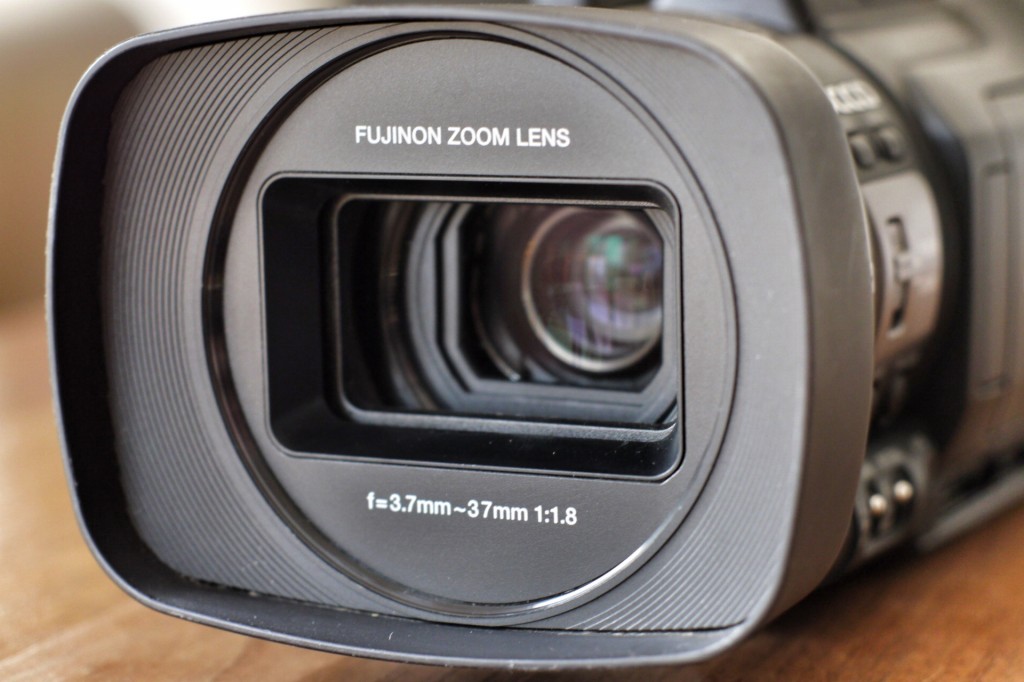 There’s much more to producing video than flicking on a camcorder and hitting record. And it’s unfortunate that journalists are often expected to go out and film something for their online site with little or no training.
There’s much more to producing video than flicking on a camcorder and hitting record. And it’s unfortunate that journalists are often expected to go out and film something for their online site with little or no training.
Keep it simple, keep it short and a little bit of planning helps of lot.
That’s probably the best advice for anyone who needs to start producing video for the web content.
It goes without saying that we’d recommend you do a proper video for the web course. Or even better, a video journalist course to learn more about the techniques of filming and the craft of visual storytelling.
But if you’re looking for some tips to get started, our blog series on producing video for the web will cover some of the basics and point you in the right direction for online resources.
![]() read more
read more
Checking the facts in Africa
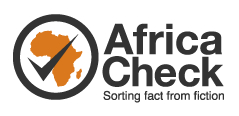 The idea of Africa Check is straightforward. Investigate claims made in public; check the facts; and, publish the findings.
The idea of Africa Check is straightforward. Investigate claims made in public; check the facts; and, publish the findings.
Africa Check was launched in 2012, and is a non-profit organisation led by the media development agency AFP Foundation and the Journalism Department of the University of the Witwatersrand in Johannesburg.
The organisation not only examines the public claims of politicians, leaders in civil society, government agencies and NGOs, but also checks the facts journalists use in their stories.
Peter Cunliffe-Jones of the AFP Foundation is the Director of Africa Check and says getting the facts right is the “essence” of journalism. But under the pressure to feed 24 hour news, and working across more topics, journalist may feel they “don’t have the time and the expertise, or even know where to look” to verify information.
Reading an Africa Check report is a little bit like a mini-lesson in the basics of journalism. You also see that this project has the potential to have a high impact on African media and perhaps serve as a model in other countries or regions.
![]() read more
read more
Data experts help expose offshore leaks
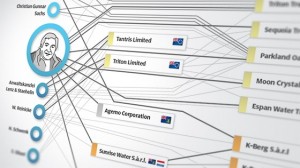 Last year, the International Consortium of Investigative Journalists (ICIJ) in Washington received a huge data set consisting of 2.5 million documents on tax havens from unknown sources. The documents contain 130,000 names of people from 170 countries suspected of fraud, among them oligarchs, arms dealers and criminal financial investors. Apart from that, there were more than two million emails and lists of 122,000 covert companies and trusts from respective tax havens. The unprecedented research that followed brought together media outlets from 46 countries which set themselves to check the data. Here in Germany, the Süddeutsche Zeitung, a leading newspaper, was involved in the process of analyzing the data. In this post editor Bastian Brinkmann writes how data experts helped to analyze the enormous volumes of data.
Last year, the International Consortium of Investigative Journalists (ICIJ) in Washington received a huge data set consisting of 2.5 million documents on tax havens from unknown sources. The documents contain 130,000 names of people from 170 countries suspected of fraud, among them oligarchs, arms dealers and criminal financial investors. Apart from that, there were more than two million emails and lists of 122,000 covert companies and trusts from respective tax havens. The unprecedented research that followed brought together media outlets from 46 countries which set themselves to check the data. Here in Germany, the Süddeutsche Zeitung, a leading newspaper, was involved in the process of analyzing the data. In this post editor Bastian Brinkmann writes how data experts helped to analyze the enormous volumes of data.
![]() read more
read more
Trainer recommendation: Adapter & MPEG Streamclip
“What software can I use for converting and compressing files?”
It’s a question trainers are often asked on broadcast and multimedia courses involving a lot of work with audio and video files.
Adapter and MPEG Streamclip are a good starting point. Both are free and work on either a PC or a Mac.
These tools are particularly useful as video or audio Swiss Army knives – between them they can handle just about any sort of file and convert or compress it to whatever size or format you need.
And both tools let you create a batch list if you have a lot of files to convert or compress at the same time.
![]() read more
read more
Online security: How to surf anonymously
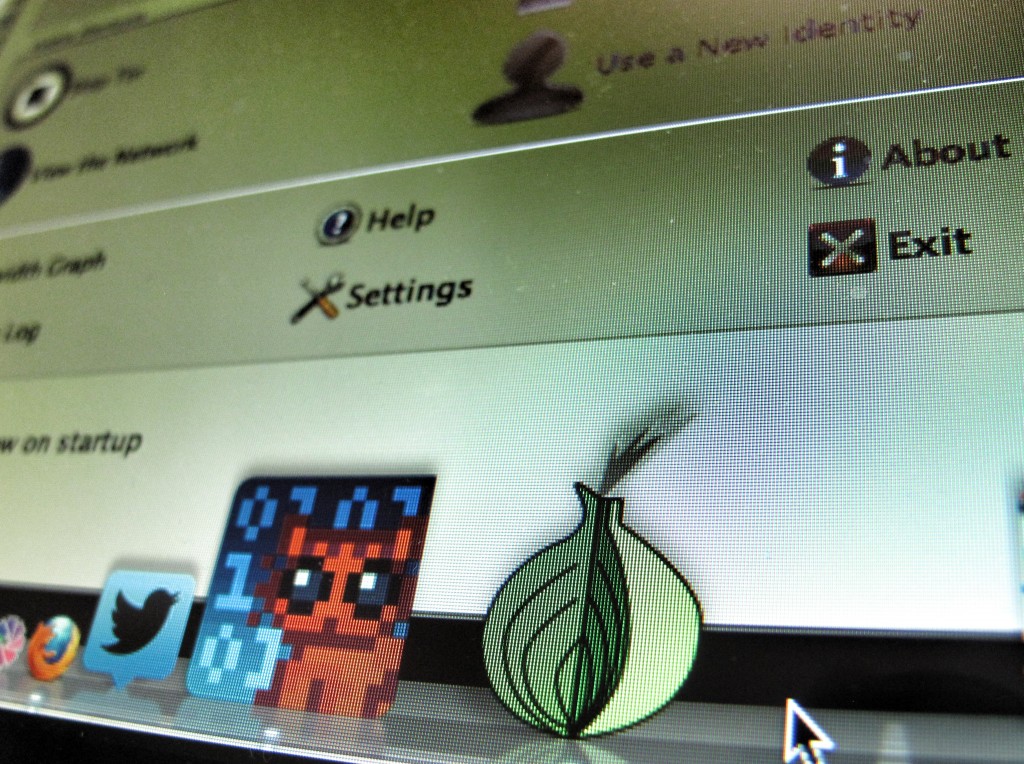
Set Tor up correctly and the little green onion is a sign you are on the way to surfing anonymously. (Photo: Guy Degen)
Whether you are doing investigative journalism, communicating with a trusted source or traveling to a country where authorities are known for electronic eavesdropping, online security is increasingly becoming a must-know skill for journalists.
Jens Kubieziel is security expert and author of the book Anonym im Netz (Anonymous on the web) which offers useful advice for keeping secure on the web, the must-have tools to anonymously surf the web and how proxies can protect your privacy.
DW Akademie’s Natalia Karbasova asked Kubiezel how journalists can surf the web safely, and when necessary, anonymously.
![]() read more
read more
The media in a state of “present shock”
What on earth you may ask is “present shock”?
This might be a question to ponder as your mobile device begs your social media attention with constant beeps, buzzes and status updates, while a good book or periodical lies idle beside you.
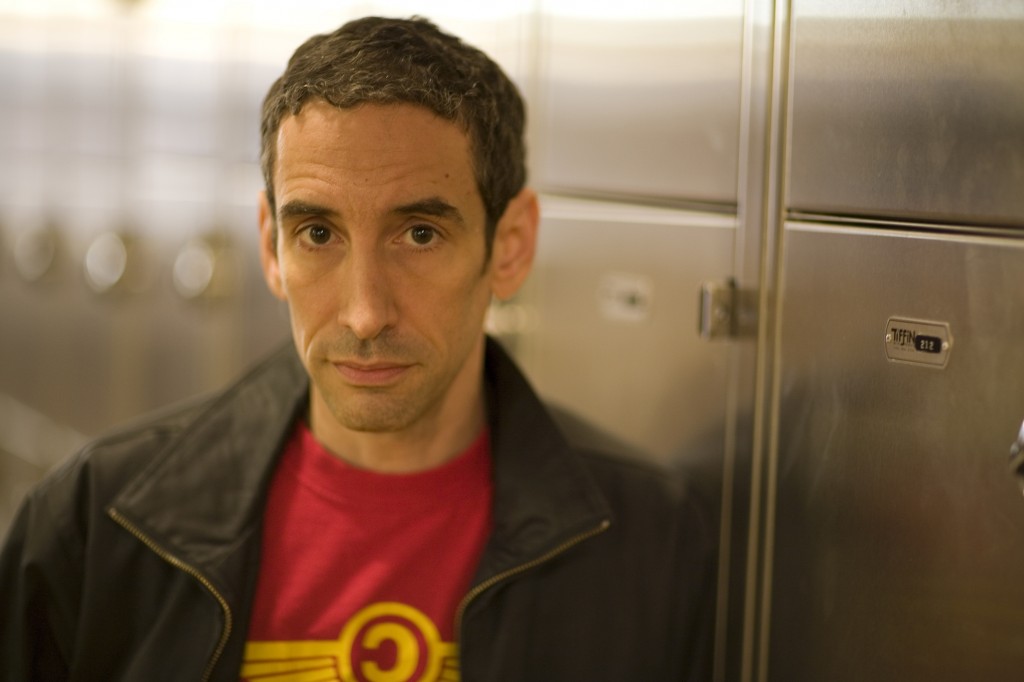
Rushkoff: “If the end of the twentieth century can be characterized by futurism, the twenty-first can be defined by presentism.” Photo: Johannes Kroemer
In his latest book, Present Shock: When Everything Happens Now, media theorist Douglas Rushkoff writes, “Our society has reoriented itself to the present moment. Everything is live, real time, and always-on.”
In an interview with the Nieman Journalism Lab, Rushkoff offers some interesting thoughts on how “present shock” affects media – especially the move towards live blogging, live tweeting or live streaming news versus journalism that gathers the facts and provides analysis.
![]() read more
read more
Online security: Best free tools to encrypt your data
 This is a continuation of our series exploring online security. In the previous post, we looked at how to create and manage secure passwords. But what if your password was cracked and third parties gained access to your laptop, PC or USB drive? Don’t panic, the chances are still good that your data is safe – all you need to do is to encrypt and hide it in an invisible folder. In this post, DW Akademie’s Natalia Karbasova provides an overview of free tools to encrypt and hide sensitive data on your devices.
This is a continuation of our series exploring online security. In the previous post, we looked at how to create and manage secure passwords. But what if your password was cracked and third parties gained access to your laptop, PC or USB drive? Don’t panic, the chances are still good that your data is safe – all you need to do is to encrypt and hide it in an invisible folder. In this post, DW Akademie’s Natalia Karbasova provides an overview of free tools to encrypt and hide sensitive data on your devices.
![]() read more
read more
Different approaches to web video vox pops
The vox pop is one of those classic devices in a journalist’s storytelling toolbox. It’s a snapshot of public opinion about a given topic, and more often than not, a controversial one.
But when you take the vox pop online and use it within a multimedia story, or produce web video content, there’s the opportunity to be creative and offer more than just producing a simple series of talking head shots.
![]() read more
read more
Journalists@work: Malik Abass Daabu
In the next of our Journalists@Work series we meet Malik Abass Daabu, Editor of Myjoyonline in Accra, Ghana. Myjoyonline is the website of radio station Joy-FM and is one of the most successful Ghanaian news websites in the country. The 33-year old has been working as an editor of myjoyonline for five years and is a graduate of the Ghana Institut for Journalism. DW Akademie’s Christine Harjes spoke to Malik about his work and myjoyonline.
![]() read more
read more
Using WhatsApp for multimedia and mobile journalism training
Be creative, experiment and learn through play.
This is something I’m always trying to encourage participants to do during any workshop. But particularly when it comes to learning about multimedia, or using a mobile phone for reporting, and getting used to new types of media for storytelling.
So what’s up with using the mobile messaging service WhatsApp as a tool to complement training in workshops? Well, potentially a lot… particularly for practical exercises. But first, if you haven’t yet dialled into the world of WhatsApp, here’s a quick overview.
![]() read more
read more




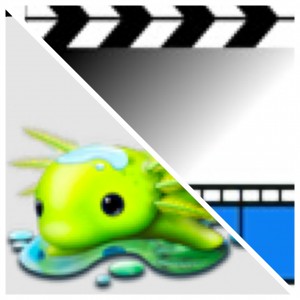
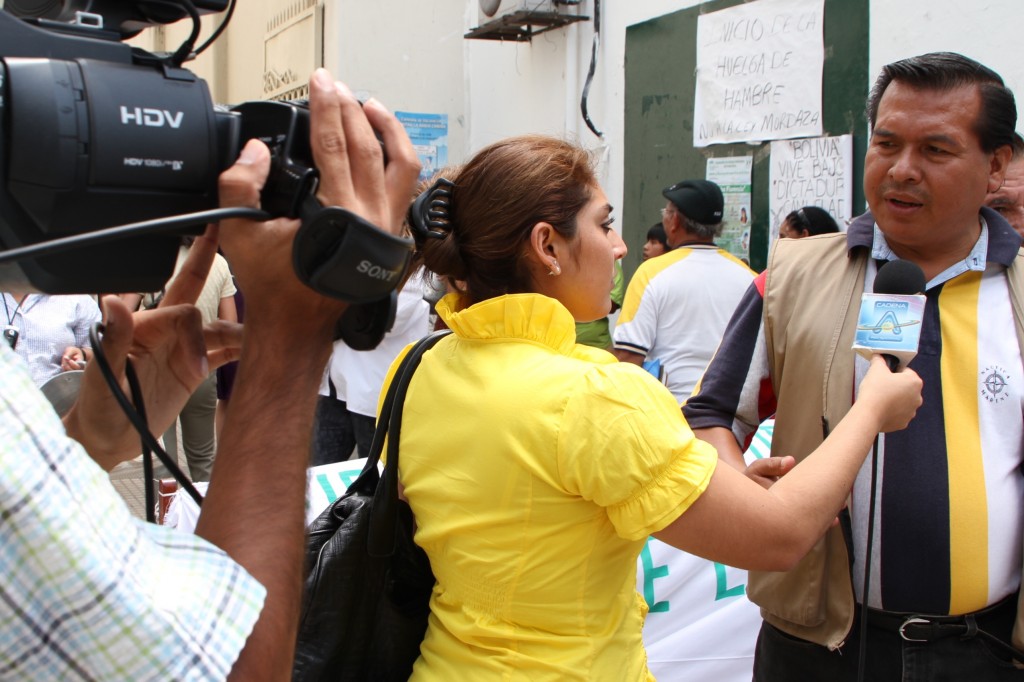
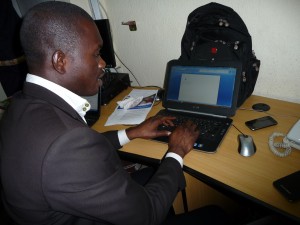
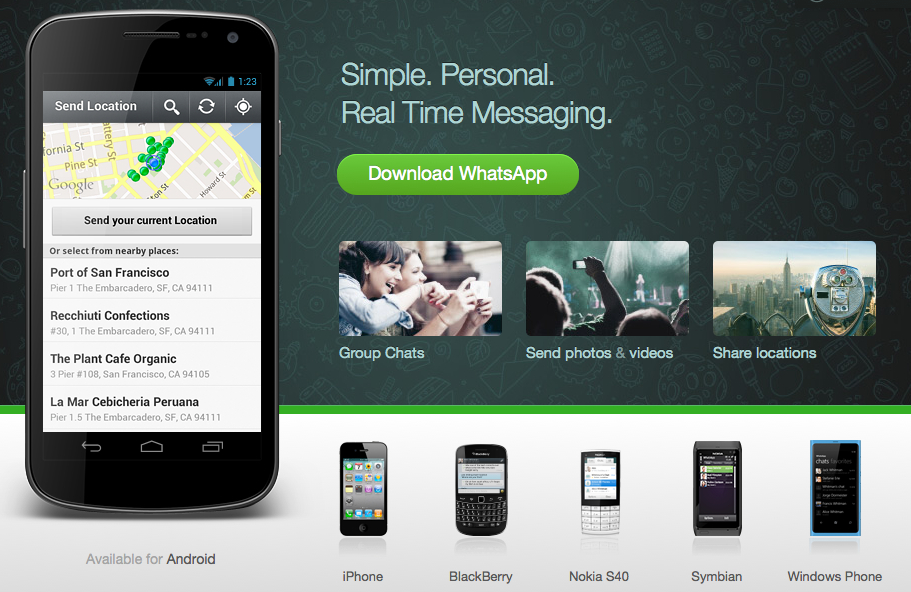




Feedback